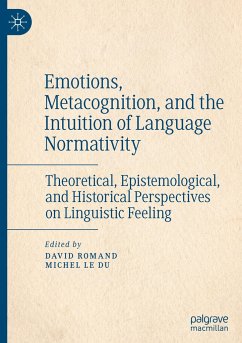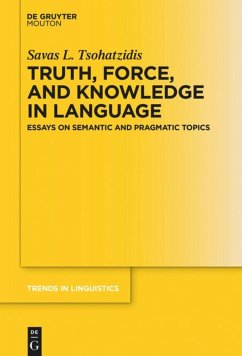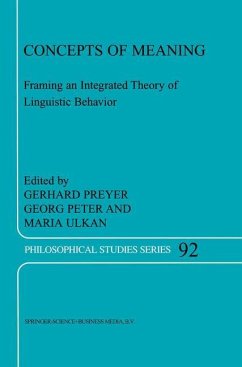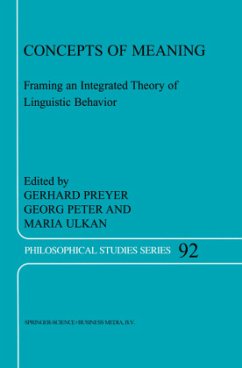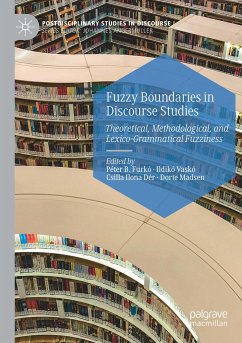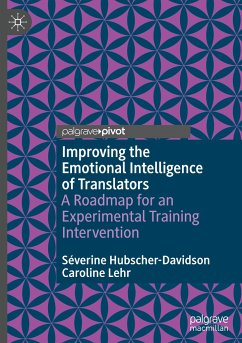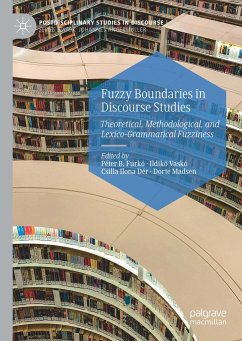
Emotions, Metacognition, and the Intuition of Language Normativity
Theoretical, Epistemological, and Historical Perspectives on Linguistic Feeling
Herausgegeben: Romand, David; Le Du, Michel
Versandkostenfrei!
Versandfertig in 6-10 Tagen
121,99 €
inkl. MwSt.

PAYBACK Punkte
61 °P sammeln!
This book proposes a comprehensive discussion of the issue of linguistic feeling, the subject's metalinguistic capacity to intuitively apprehend the normative - lexical, syntactic, morphological, phonological... - dimensions of a definite language he or she is acquainted with. The volume's twelve contributions aim to revisit a concept that, through a fluctuating terminology ("Sprachgefühl," "sentiment de la langue," "linguistic intuitions," etc.), had developed, since the late 18th century, within a variety of cultural contexts and research traditions, and whose theoretical, epistemological, ...
This book proposes a comprehensive discussion of the issue of linguistic feeling, the subject's metalinguistic capacity to intuitively apprehend the normative - lexical, syntactic, morphological, phonological... - dimensions of a definite language he or she is acquainted with. The volume's twelve contributions aim to revisit a concept that, through a fluctuating terminology ("Sprachgefühl," "sentiment de la langue," "linguistic intuitions," etc.), had developed, since the late 18th century, within a variety of cultural contexts and research traditions, and whose theoretical, epistemological, and historical ins and outs had not been systematically explored so far. Beginning with a long opening chapter, the book consists of two parts, one tracing the multifaceted approaches to linguistic feeling from Herder to Wittgenstein, and one offering a representative overview of the debates about the issue at stake in current linguistics and philosophy, while addressing the question of the place of metacognition, normativity, and affectivity in language processes.



